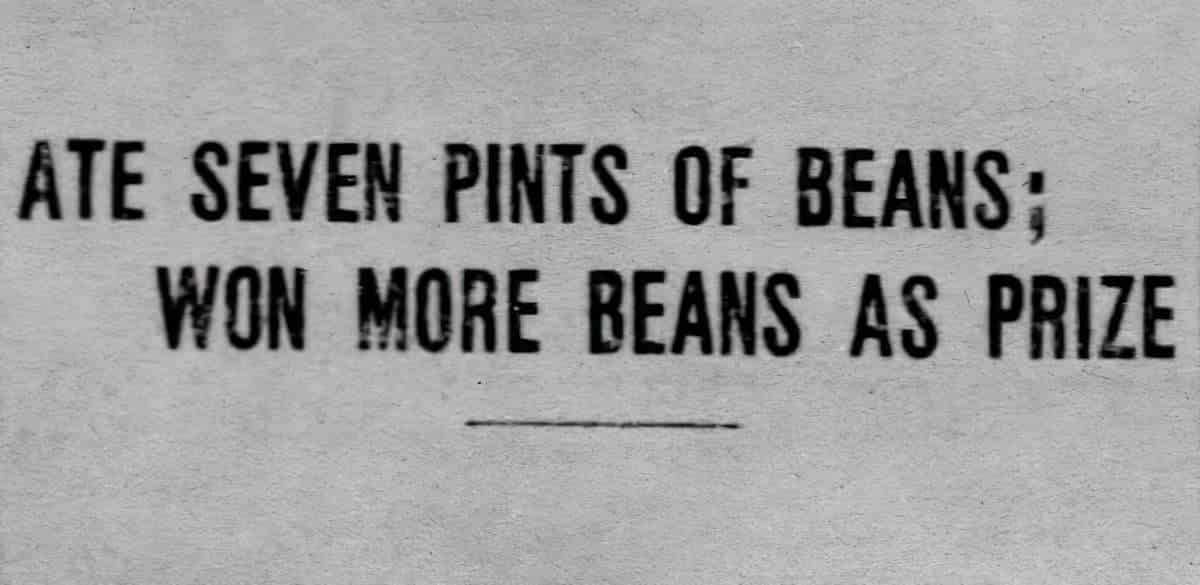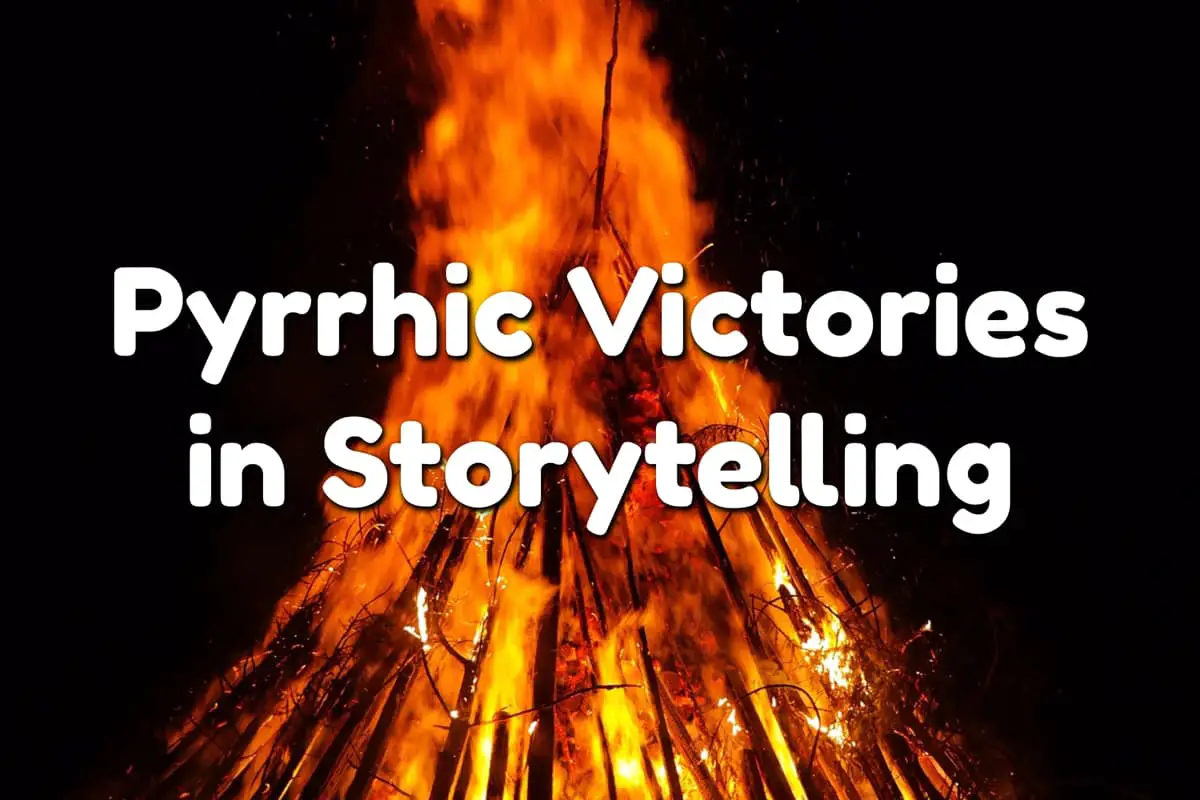A pyrrhic victory is a ‘victory’ in which the costs of winning are so enormous that winning becomes an ironic term. In the ultimate pyrrhic victory, the main character has achieved what needs doing but is dead by the end of the story. The hero can ‘transcend’ what in the real world we would call a victory.
Some people think that successful stories have to have happy endings. This is simply not true if you look around at what’s popular, even out of Hollywood. Pyrrhic victories are extremely common.
A subset of pyrrhic victories are stories in which the main character faces a tragic dilemma.
- Walter White of Breaking Bad had a pyrrhic victory.
- Thelma and Louise got away from the cops and avoided jail, if we look on the bright side.
- This Is Not My Hat has an ambiguous ending which I interpret as pyrrhic.
- The Boss in “The Fly” by Katherine Mansfield had a pyrrhic victory. By winning the (heavily stacked) ‘big struggle’ against the fly in his ink pot, he was reminded of his own mortality.
- Verna in “Stone Mattress” has a pyrrhic victory. She has exacted revenge, but will never get her untraumatised youth back.
- The 2007 movie version of Stephen King’s “The Mist” uses the ‘unnecessary murder’ trope to create the ultimate tragedy
- As does one of the stories in The Ballad of Buster Scruggs (2017).

Tragic Dilemmas
Moral philosopher Bernard Williams argued that there exist many situations in life where something won’t work, where we are just stuck and there’s no way out.
- Agamemnon by Aeschylus — A great king has to either betray his army by abandoning his expedition to Troy, or sacrifice his daughter Iphigenia, because the goddess Artemis was preventing the wind from blowing the right way, and demanded this price.
- Sophie’s Choice — perhaps the most obvious example of a tragic dilemma — expressed even in the title. Sophie has to decide which of her two children is to be sent immediately to the gas chamber.
- A Streetcar Named Desire — Writer and critic Joseph Wood Krutch, in appraising Blanche, says, “Her instincts are right. She is on the side of civilisation and refinement. But the age has placed her in a tragic dilemma. She looks about for a tradition according to which she may live and a civilisation to which she can be loyal. She finds none. Ours is a society which has lost its shape.”

RELATED
Moral Dilemmas in Children’s Literature


